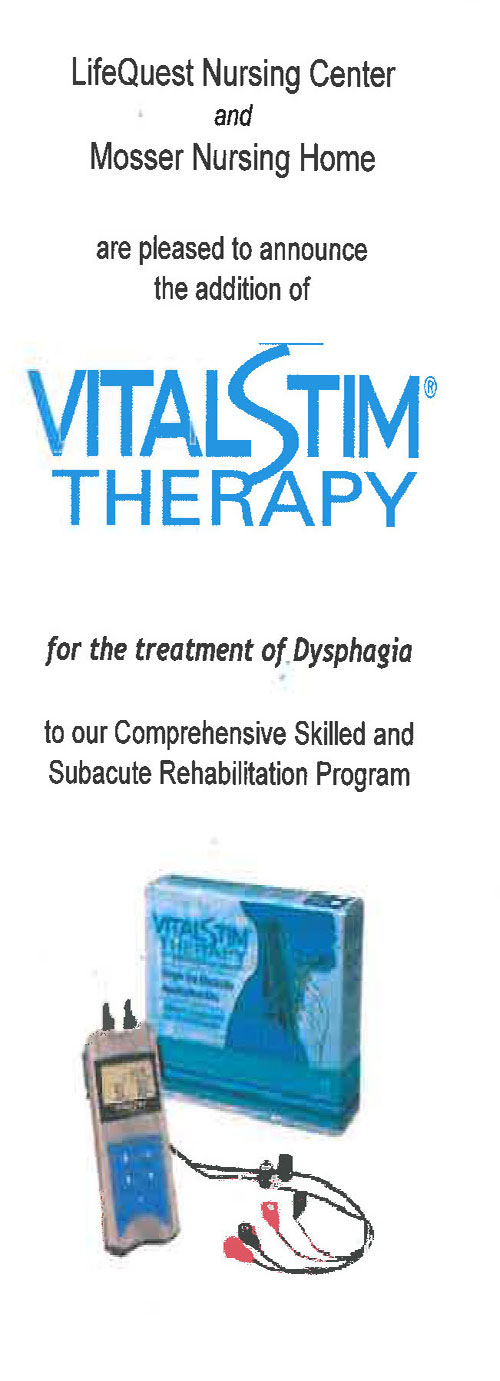Christine Stone, RN
Alzheimer’s Association, Alzheimer’s and Dementia Caregiving Center: alz.org/care
This is always a good, first place to look for information. Call 1-800-272-3900 for the 24 / 7 Helpline. They can connect you to your local Alzheimer’s Association chapter.
ALZConnected Social Networking Community: alzconnected.org
This is a free membership public forum for caregivers and people with Alzheimer’s and other dementia s. Why join? Connect with people who understand. Post questions and offer solutions. Create public and private groups around a dedicated topic.
Purple Cities Alliance: purple cities.org
Lists “dementia-friendly” cities where city workers, police, shopkeepers and others are educated in how to effectively interact with people with dementia.
Alzheimer’s / Dementia Hospital Wristband Project: http://www.commonsensecaregiving.com/dementia-hospital-wristband-program.html
Lists hospitals which are using purple wristbands to identify patients with dementia. All staff and physicians receive additional education on the disease basics and how to communicate kindly and effectively with persons with dementia.
Music & Memory: musicandmemory.org
It is well known that music is an effective way to reach people with dementia who otherwise seem “unreachable.” This website will guide you in making a customized “music playlist” for your loved one.
GreyMatters App: greymatterstous.com (“grey matters to us”)
GreyMatters is a tablet application that aims to improve quality of life for people with dementia and their caregivers. Through an interactive life storybook, paired with music and games, the app helps patients and families preserve yesterday’s memories, as well as share today’s joyful moments
Alzheimer’s Speaks: https://www.alzheimersspeaks.com/memory-cafes
Alzheimer’s Speaks believes collaboration is the key to living a successful and purpose filled life with dementia. By working together, we can push both conventional and alternative efforts forward in search of answers.
Alzheimer’s Reading Room: alzheimersreadingroom.com
The goal of the Alzheimer’s Reading Room is to Educate and Empower Alzheimer’s caregivers, their families, and the entire Alzheimer’s community.





